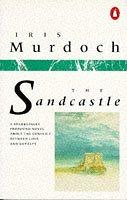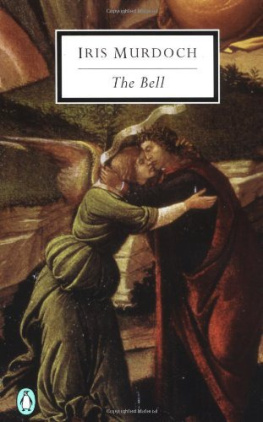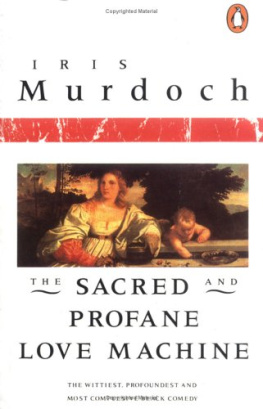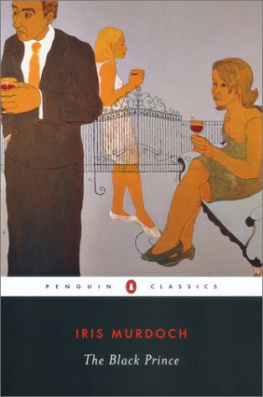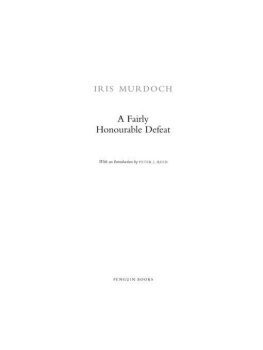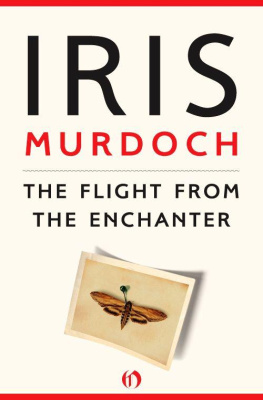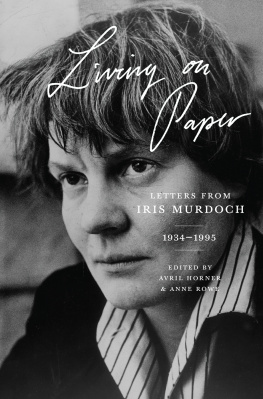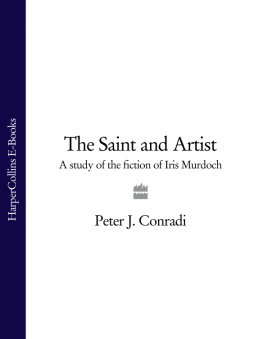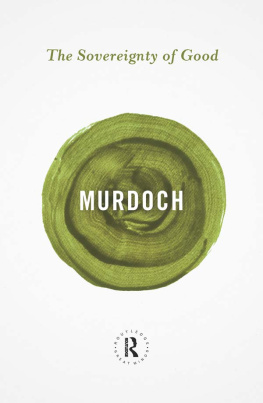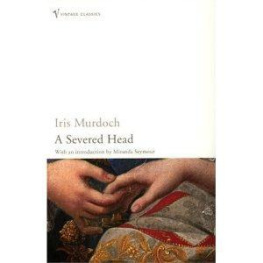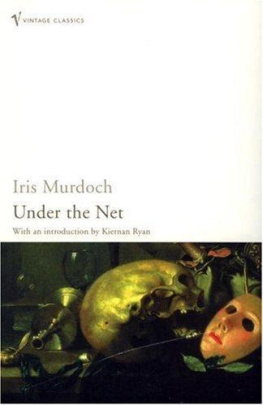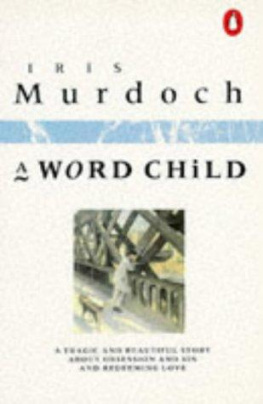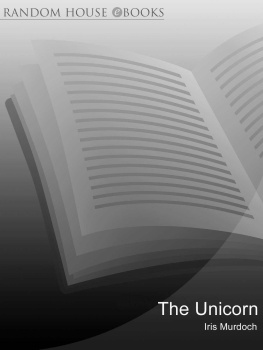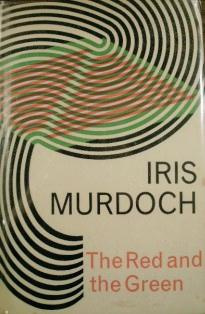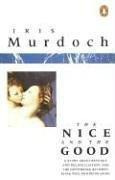Iris Murdoch - The Black Prince
Here you can read online Iris Murdoch - The Black Prince full text of the book (entire story) in english for free. Download pdf and epub, get meaning, cover and reviews about this ebook. year: 1973, genre: Prose. Description of the work, (preface) as well as reviews are available. Best literature library LitArk.com created for fans of good reading and offers a wide selection of genres:
Romance novel
Science fiction
Adventure
Detective
Science
History
Home and family
Prose
Art
Politics
Computer
Non-fiction
Religion
Business
Children
Humor
Choose a favorite category and find really read worthwhile books. Enjoy immersion in the world of imagination, feel the emotions of the characters or learn something new for yourself, make an fascinating discovery.

- Book:The Black Prince
- Author:
- Genre:
- Year:1973
- Rating:4 / 5
- Favourites:Add to favourites
- Your mark:
- 80
- 1
- 2
- 3
- 4
- 5
The Black Prince: summary, description and annotation
We offer to read an annotation, description, summary or preface (depends on what the author of the book "The Black Prince" wrote himself). If you haven't found the necessary information about the book — write in the comments, we will try to find it.
The Black Prince — read online for free the complete book (whole text) full work
Below is the text of the book, divided by pages. System saving the place of the last page read, allows you to conveniently read the book "The Black Prince" online for free, without having to search again every time where you left off. Put a bookmark, and you can go to the page where you finished reading at any time.
Font size:
Interval:
Bookmark:
Iris Murdoch
The Black Prince
Editor's Foreword
I am in more than one way responsible for the work that follows. The author of it, my friend Bradley Pearson, has placed the arrangements for publication in my hands. In this humble mechanical sense it is through my agency that these pages now reach the public. I am also the dear friend (and such) who is referred to and at times addressed in the book. I am not however an actor in the drama which Pearson recounts. My friendship with Bradley Pearson dates from a time in our lives posterior to the events here narrated. This has been a time of tribulation when we needed and happily found in each other the blessings of friendship. I can say indeed with confidence that were it not for the encouragement and sympathy which I was able to give to Bradley, this story would probably have remained untold. Those who cry out the truth to an indifferent world too often weary, fall silent or come to doubt their own wit. Without my help this could have been so with Bradley Pearson. He needed someone to believe him and someone to believe in him. He found me, his alter ego, at the time needful.
What follows is in its essence as well as in its contour a love story. I mean that it is deeply as well as superficially so. Man's creative struggle, his search for wisdom and truth, is a love story. What follows is ambiguous and sometimes tortuously told. Man's searchings and his strugglings are ambiguous and vowed to hidden ways. Those who live by that dark light will understand. And yet: what can be simpler than a tale of love and more charming? That art gives charm to terrible things is perhaps its glory, perhaps its curse. Art is a doom. It has been the doom of Bradley Pearson. And in a quite different way it is my own.
...
P. Loxias editor
Bradley Pearson's Foreword
...
I am aware that people often have completely distorted general ideas of what they are like. Men truly manifest themselves in the long patterns of their acts, and not in any nutshell of self-theory. This is supremely true of the artist, who appears, however much he may imagine that he hides, in the revealed extension of his work. And so am I too here exhibited, whose pitiful instinct is alas still for a concealment quite at odds with my trade. Under this cautionary rubric I shall however now attempt a general description of myself. And now I am speaking, as I explained, in the persona of the self of several years ago, the often inglorious hero of the tale that follows. I am fifty-eight years old. I am a writer. A writer is indeed the simplest and also the most accurate general description of me. In so far as I am also a psychologist, an amateur philosopher, a student of human affairs, I am so because these things are a part of being the kind of writer that I am. I have always been a seeker. And my seeking has taken the form of that attempt to tell truth of which I have just spoken. I have, I hope and I believe, kept my gift pure. This means, among other things, that I have never been a successful writer. I have never tried to please at the expense of truth. I have known, for long periods, the torture of a life without self-expression. The most potent and sacred command which can be laid upon any artist is the command: wait. Art has its martyrs, not least those who have preserved their silence. There are, I hazard, saints of art who have simply waited mutely all their lives rather than profane the purity of a single page with anything less than what is perfectly appropriate and beautiful, that is to say, with anything less than what is true.
As is well known, I have published very little. I say as is well known, relying here for my fame upon publicity deriving from my adventures outside the purlieus of art. My name is not unknown, but this alas is not because I am a writer. As a writer I have reached and doubtless will reach only a perceptive few. The paradox perhaps of my whole life, and it is an absurdity upon which I do not cease to meditate, is that the dramatic story which follows, so unlike the rest of my work, may well prove to be my only best seller. There are undoubtedly here the elements of crude drama, the fabulous events which simple people love to hear of. And indeed I have had, in this connection, my own good share of being front-page news.
...
I shall describe myself a little more. My parents kept a shop. This is important, though not as important as Francis Marloe thinks, and certainly not in the way that he thinks. I mention Francis first of any of my players not because he is the most important: Francis is not important at all and has no deep connection with the course of these events. He is a subsidiary, a sidesman, in the story as I fear he is generally in life. Poor Francis will never be the hero of anything. He would make an excellent fifth wheel to any coach. But I make him as it were the mascot of the tale, partly because in a purely mechanical sense he opens it, and if on a certain day he had not, and so on, I might never, and so on. There is another paradox. One must constantly meditate upon the absurdities of chance, a subject even more edifying than the subject of death. Partly too I give a special place to Francis because he is, of the main actors in this drama, probably the only one who believes that I am not a liar. My gratitude to you, Francis Marloe, if you are still among the living and should chance to see these words. That another, later, believed me has proved of infinitely greater value. But you were then the only one who saw and understood. Across the aeons of time which have passed since that tragedy, I salute you, Francis.
My parents kept a shop, a sort of paper shop, down in Croydon. The shop sold daily papers and magazines, writing paper and so on, and horrible gifts. My sister, Priscilla, and I lived in this shop. I do not mean that we actually ate and slept in the shop. We did in fact often have our tea there, and I have a memory of sleeping under the counter. But the shop was the house and the mythical domain of our childhood. Some fortunate children have a garden, a landscape, as the local habitation of their early years. We had the shop: its drawers, its shelves, its smells, its endless empty cardboard boxes, its particular dirt. It was a shabby unsuccessful shop. Our parents were shabby unsuccessful people. They both died when I was in my thirties, my father first, my mother not long after. They lived to see my first book published. They were proud of me. My mother filled me with exasperation and shame but I loved her. (Be quiet, Francis Marloe.) My father I simply disliked. Or perhaps I have forgotten my affection for him. One can forget love, as you will perceive that I shortly find out.
I will not go on about the shop. I still dream about it at least once a week. Francis Marloe thought this very significant when I told him once. But Francis belongs to that sad crew of semi-educated theorizers who prefer any general blunted symbolic explanation to the horror of confronting a unique human history. Francis wanted to explain me. In my moment of fame, a number of other and much cleverer people attempted this also. But any human person is infinitely more complex than this type of explanation. By infinitely (or should I say almost infinitely? Alas I am no philosopher) I mean that there are not only more details, but more kinds of details with more kinds of relations than these diminishers can dream of. You might as well try to explain a Michelangelo on a piece of graph paper. Only art explains, and that cannot itself be explained. We and art are made for each other, and where that bond fails human life fails. Only this analogy holds, only this mirror shows a just image. Of course we have an unconscious mind and this is partly what my book is about. But there is no general chart of that lost continent. Certainly not a scientific one.
Font size:
Interval:
Bookmark:
Similar books «The Black Prince»
Look at similar books to The Black Prince. We have selected literature similar in name and meaning in the hope of providing readers with more options to find new, interesting, not yet read works.
Discussion, reviews of the book The Black Prince and just readers' own opinions. Leave your comments, write what you think about the work, its meaning or the main characters. Specify what exactly you liked and what you didn't like, and why you think so.

